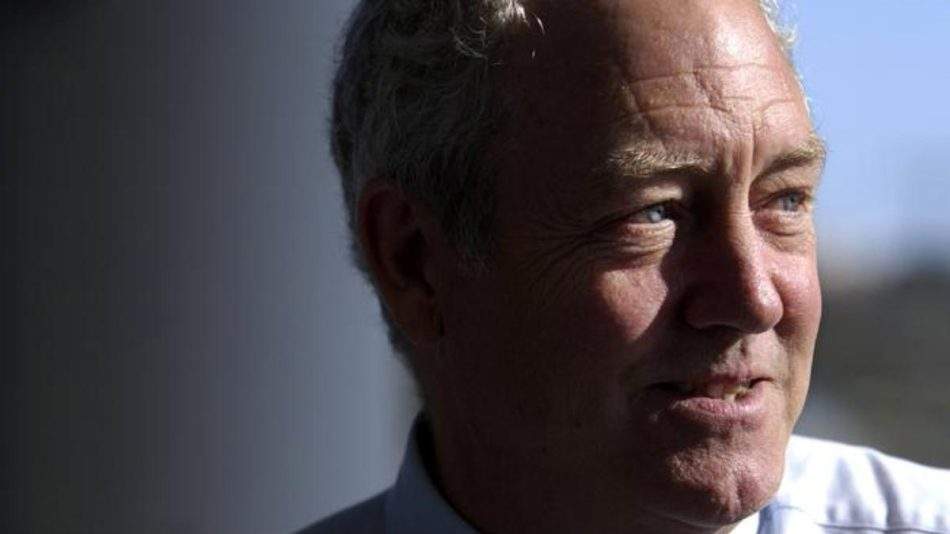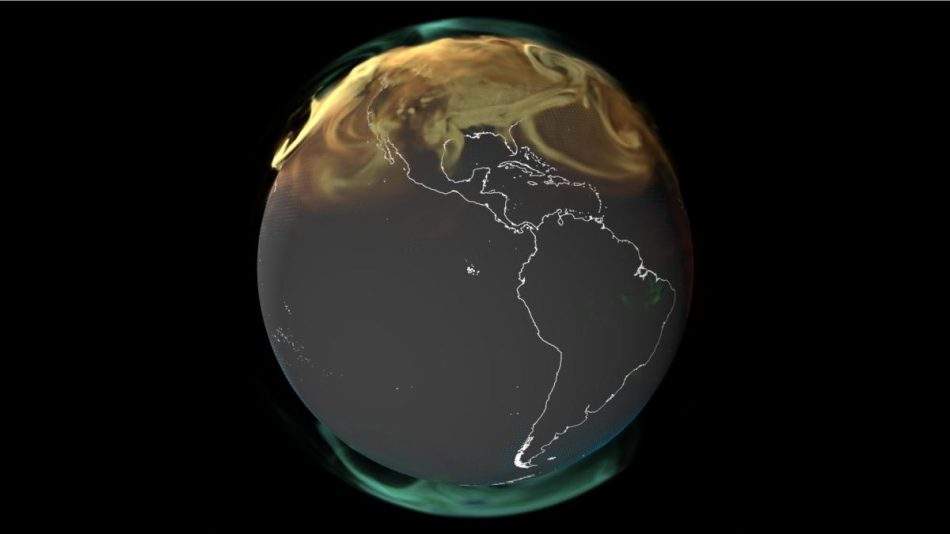A Controversial and Vital Debate
global warming
The Global Warming Discussion
Global warming, a complex and multifaceted phenomenon, has gained critical prominence on the global agenda. This article seeks to comprehensively explore the divergent perspectives within the global warming discussion in order to shed light on the complexities and arguments of both those who firmly believe in its human origin and those who question it. It will address the reasons behind their positions, their impact on society and the call for an informed and constructive dialogue to address this planetary challenge.
Believers' Perspective on Global Warming
The scientific mainstream and most governments around the world share the view that global warming is an undeniable reality, largely driven by human activity. This view rests on several fundamental pillars:
- Scientific Evidence: The view that global warming is caused primarily by human activity is based on decades of research and data analysis. Scientists have documented rising global temperatures, melting of the poles, ocean acidification and other phenomena that indicate significant climate changes.
- Greenhouse Gas Emissions: Believers in global warming argue that the emission of greenhouse gasses, such as carbon dioxide and methane, due to the burning of fossil fuels and deforestation, has altered the natural balance of the atmosphere and is intensifying the greenhouse effect, leading to global warming.
- Support from International Organizations and Agreements: The majority adherence to the Paris Agreement, which establishes guidelines for climate change mitigation, illustrates the global consensus on the seriousness of the problem. International collaboration is seen as essential to address this global challenge.


IPCC Perspective: Science and Key Warnings.
The Intergovernmental Panel on Climate Change (IPCC), established in 1988 by the United Nations, is a leading authority on climate change issues. The IPCC conducts comprehensive assessments based on the available scientific literature, with input from thousands of experts from various disciplines and regions of the world. Its widely accepted position is that climate change is real, ongoing and primarily caused by human activity, specifically the emission of greenhouse gasses such as carbon dioxide (CO2) from the burning of fossil fuels and other industrial activities. The IPCC also warns of the considerable negative impacts that climate change can have on the planet and on people’s lives, including sea level rise, extreme weather events and loss of biodiversity. These scientific findings are the basis for calls for global action to address climate change and limit its consequences.
Global Warming Skeptics' Perspective
Although most scientists agree on the reality of climate change, there is a group of people who question the magnitude and causes attributed to human activity in this process. Their arguments are based on the following premises:
- Natural Climate Variability: Skeptics argue that the Earth’s climate has undergone changes throughout its history, and these changes are, in part, driven by natural factors, such as solar variability and oceanographic cycles.
- Limitations in Climate Models: It is claimed that climate models, used to predict climate change, have limitations in their accuracy and cannot fully capture the complexity of climate systems. These limitations may call into question the reliability of future projections.
- Economic Impact of Mitigation Measures: Some skeptics argue that the implementation of policies aimed at reducing greenhouse gas emissions may have a negative economic impact, affecting the competitiveness of industries and employment.


Patrick Moore’s Perspective: A Critical Viewpoint and Substantive Questions.
Patrick Moore, a co-founder of Greenpeace and ex-member of the organization, has emerged as a leading figure presenting a critical view of the relationship between human activity and climate change. Moore argues that while climate change is a reality, it is not caused solely by human activity. He argues that the concentration of CO2 in the atmosphere is low compared to previous geological periods and that CO2 is essential for life on Earth, as plants use it for photosynthesis. Moore argues that excessive focus on reducing emissions may not be the most effective solution and that we should consider other strategies to mitigate climate change and adapt to its effects.
Donald Trump’s Perspective: Controversial Policies and Economic Approach.
Donald Trump, former President of the United States, has been a polarizing figure when it comes to climate change and related policies. During his administration, he withdrew the United States from the Paris Agreement, an international treaty designed to address climate change and reduce greenhouse gas emissions. Trump has expressed doubts about the idea that climate change is caused primarily by human activity and has questioned the need for policies that restrict the exploitation of natural resources in the name of environmental protection, arguing that these could harm the economy. His approach focuses on balancing environmental policies with economic and social needs, prioritizing economic growth and job creation.


A Call for Reflection and Dialogue
It is vital that the discussion on global warming goes beyond a confrontation between two positions. A respectful and constructive dialogue that includes diverse voices must be encouraged, as this global problem requires worldwide solutions. Here are some suggestions for advancing this dialogue:
- Promoting Education and Awareness: It is essential to promote education about climate change and its implications, as well as public awareness of the need to address this problem.
- Research and Technology Development: Invest in research to develop clean and sustainable technologies that reduce dependence on fossil fuels and mitigate climate change.
- Active Participation of Society: Encouraging the active participation of society in the formulation of policies and strategies to address climate change ensures that diverse perspectives are considered.
Global warming is one of the most critical challenges of our era. Discussion around this topic should be informed and constructive, fostering an understanding of the complexities involved. We invite our readers to reflect on these divergent perspectives and engage in an open and respectful dialogue on this vital issue for the future of our planet.
What are your views on global warming and how do you think we should address this global challenge? Your ideas and perspectives are valuable and can contribute to building a more sustainable future. We encourage you to share your opinions in the comments section below.
Regardless of the different perspectives and opinions on climate change, it is undeniable that pursuing energy efficiency is a crucial goal. At Alher Sem Engineering Solutions, we understand the importance of addressing this challenge holistically. Energy efficiency not only has the potential to reduce our gas emissions, but it can also improve sustainability, promote innovation and contribute to a cleaner and healthier future for all.
We are proud to work on engineering solutions that prioritize energy efficiency and promote sustainability in all aspects. We are committed to developing technologies and strategies that drive responsible resource use and respect the balance of our planet. We believe in a future where engineering and innovation come together to create a more sustainable and prosperous world for generations to come.
Together, we will move towards a future where energy efficiency and sustainability are the pillars of our actions, thus contributing to the preservation of our home, the Earth.
Learn more about this service
Click here and find out more about our services.
Te enviaremos el artículo directamente a tu E-mail de manera instantánea.
Enviando datos, espere un momento
¡Datos enviados correctamente!
Tu mensaje será atendido en un momento
¿Desea enviar otro mensaje?
Comments
We are interested in your opinion, please leave us a comment